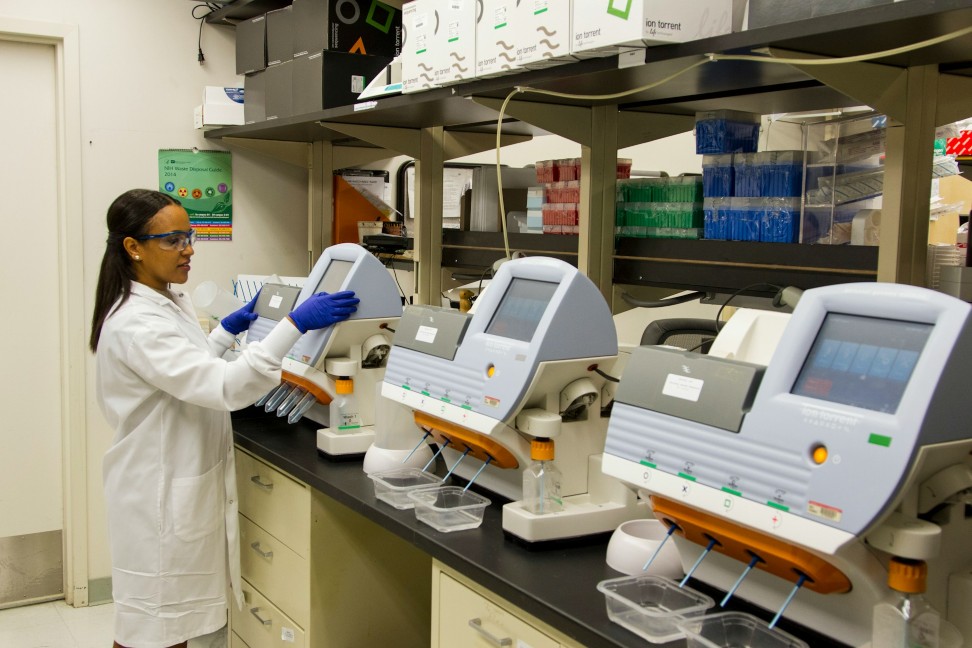Good Manufacturing Practices (GMP) audits are essential for ensuring that pharmaceutical and healthcare companies are following the necessary regulations and guidelines to produce high-quality products. These audits are conducted by regulatory agencies to assess the quality control systems in place and ensure that the products being manufactured are safe and effective for consumers.
In this ultimate guide to GMP audits and remediation, we will explore the importance of quality in the pharmaceutical industry and provide tips on how companies can prepare for and successfully navigate GMP audits.
Quality is paramount in the pharmaceutical industry, as the products being manufactured directly impact the health and well-being of consumers. GMP audits are designed to evaluate the quality control systems in place at a manufacturing facility and ensure that they are in compliance with regulatory standards. These audits cover a wide range of areas, including manufacturing processes, equipment maintenance, personnel training, and documentation practices.
Preparing for a GMP audit can be a daunting task, but with the right approach, companies can ensure a successful outcome. One of the key steps in preparing for a GMP audit is to conduct a thorough internal audit of the facility. This will help identify any areas of non-compliance and allow companies to address these issues before the regulatory agency arrives.
Companies should also ensure that all documentation related to manufacturing processes, equipment maintenance, and personnel training is up to date and easily accessible. This includes standard operating procedures, batch records, and training records. Having this documentation readily available will demonstrate to the auditors that the company is committed to quality and compliance.
During the GMP audit, companies should be prepared to answer questions from the auditors and provide evidence to support their claims of compliance. It is important to be honest and transparent during the audit process, as any attempts to deceive or mislead the auditors can have serious consequences.
If the auditors identify areas of non-compliance during the audit, companies will need to develop a remediation plan to address these issues. This may involve implementing new procedures, conducting additional training, or making changes to equipment or facilities. The goal of remediation is to correct any deficiencies and ensure that the company is in full compliance with regulatory standards.
In conclusion, GMP audits are a critical component of ensuring quality in the pharmaceutical industry. By following the tips outlined in this guide, companies can prepare for and successfully navigate GMP audits, demonstrating their commitment to producing safe and effective products for consumers. Remember, quality is key in the pharmaceutical industry, and companies that prioritize quality will ultimately be more successful in the long run.
************
Want to get more details?
Pharmalliance Consulting Ltd
https://www.pharmalliance.ie/
+353 (0)1 969 2000
Glasshouses GH2, 92 Lower Georges Street, Dun Laoghaire
Pharmalliance Consulting Ltd. offers practical expert advice to regulated Lifescience companies to increase FDA / EU cGMP compliance. We specialize in contamination control and can support you no matter your stage of development.
Pharmalliance offers specialist support to pharmaceutical companies to maintain and increase quality compliance levels.
We specialize in Contamination Control and have a suite of services to help you stay compliant no matter what your stage of development.














